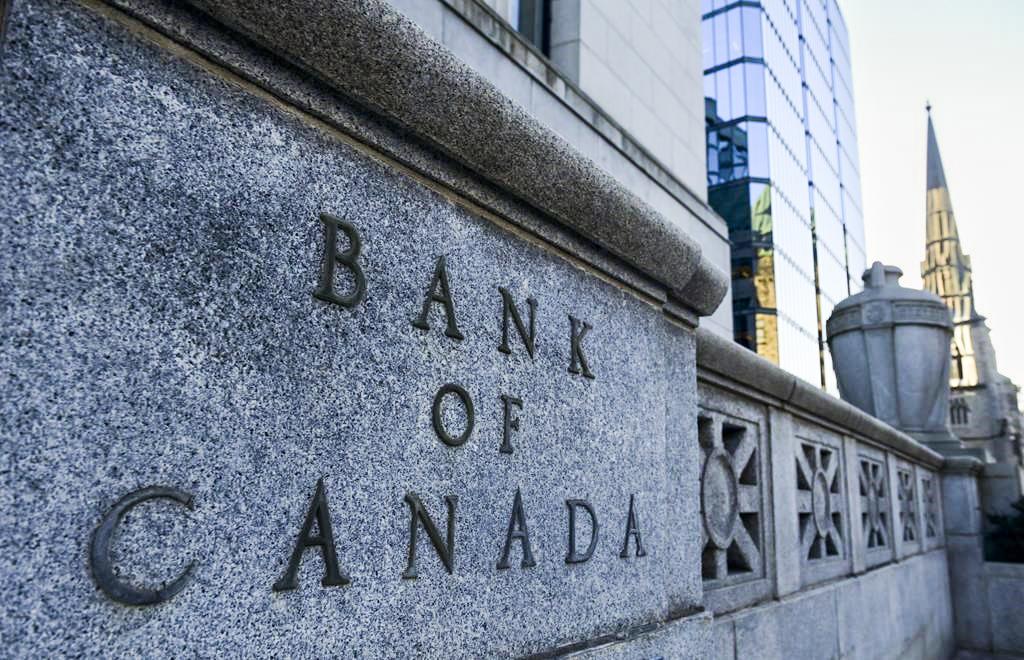The Bank of Canada has announced that it is exploring the possibility of issuing a Central Bank Digital Currency (CBDC), and is seeking consultation from the public on its design.
“As Canada’s central bank, we want to make sure everyone can always take part in our country’s economy. That means being ready for whatever the future holds,” Senior Deputy Governor Carolyn Rogers said in a news release on May 8.





